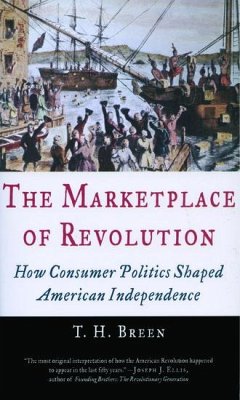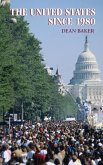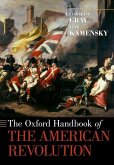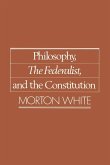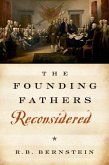The boycott movement - the signature of American resistance - invited colonists traditionally excluded from formal political processes to voice their opinions about liberty and rights within a revolutionary marketplace, an open, raucous public forum that defined itself around subscription lists passed door-to-door, voluntary associations, street protests, destruction of imported British goods, and incendiary newspaper exchanges. Within these exchanges was born a new form of politics in which ordinary man and women - precisely the people most often overlooked in traditional accounts of revolution - experienced an exhilarating surge of empowerment. Breen recreates an "empire of goods" that transformed everyday life during the mid-eighteenth century. Imported manufactured items flooded into the homes of colonists from New Hampshire to Georgia. "The Marketplace of Revolution" explains how at a moment of political crisis Americans gave political meaning to the pursuit of happiness and learned how to make goods speak to power.
In a richly interdisciplinary narrative, a historian offers a boldly innovative interpretation of the mobilization of ordinary Americans on the eve of independence. 19 halftones & 21 line illustrations.
Hinweis: Dieser Artikel kann nur an eine deutsche Lieferadresse ausgeliefert werden.
In a richly interdisciplinary narrative, a historian offers a boldly innovative interpretation of the mobilization of ordinary Americans on the eve of independence. 19 halftones & 21 line illustrations.
Hinweis: Dieser Artikel kann nur an eine deutsche Lieferadresse ausgeliefert werden.

